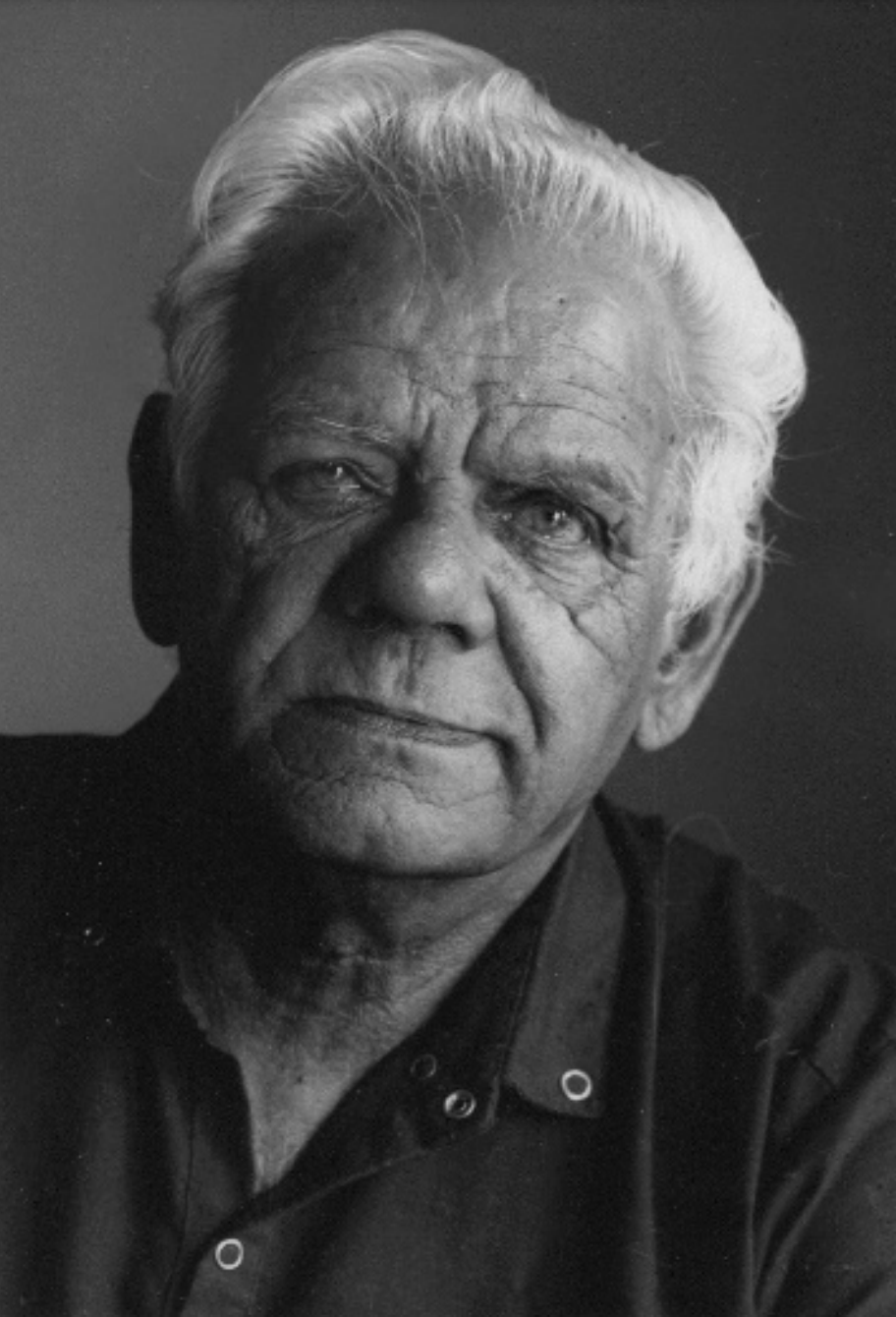Give me sugar!

Welcome to Part 2 of the No Sugar 🍭 series! In this post, we'll explore how the post-colonial 🥷 ideas Davis explored in the play have only become increasingly pertinent in modern Australia 🦘.
Crucially, Davis commands attention to the (and even to be a part of!) the powerful Indigenous voices today, and continuous attempts to destroy their voice.
Celebrating resilience
The aural dramatic feature of character's dialogue is also used throughout the play to command attention to the resilience of Indigenous characters as they survive brutality. This idea is most noticeable when Davis occasionally undermines the split scene, and the Millimurra family is enabled to interact with the White officials. When the sergeant infantilises Gran, asking, "Been hehavin' yourself?", Gran infantilises him back, retorting, "have you?" Through this humorous exchange that highlights the patronising tone of the Sergeant, we can observe the antagonistic White world and subsequently the resilience of Indigenous peoples – though they have suffered continuous abuse, they have survived and continue to resist this injustice.
When the sergeant leaves, Gran "hoots" behind him, calling him "just like a dingo when he gets bent". Milly joins in with "laughter", shouting that the Federal is "an old Skinny Martin" who should "stick his stag ram up his skinny kwon!" The Indigenous characters' humorous insults against White establishment is symbolic of their powerful voice – so powerful that it can even subvert power.
Scenes where the Indigenous characters continue to fight back, even though they are abused by the White characters, resonate with me as a 21st-century reader. In our time where Indigenous matters are of growing relevance – especially in the wake of the recent referendum of 'Voice to Parliament' – the issues explored in No Sugar have only become increasingly pertinent.
By representing the degrading way White officials addressed Indigenous Australians in the 1930s, Davis highlights the value of resilience by Indigenous peoples in the face of brutality.
Wanna hear more about No Sugar? Subscribe to get updates! It's free, and I would love to hear your thoughts as well. 🤗 🤗
